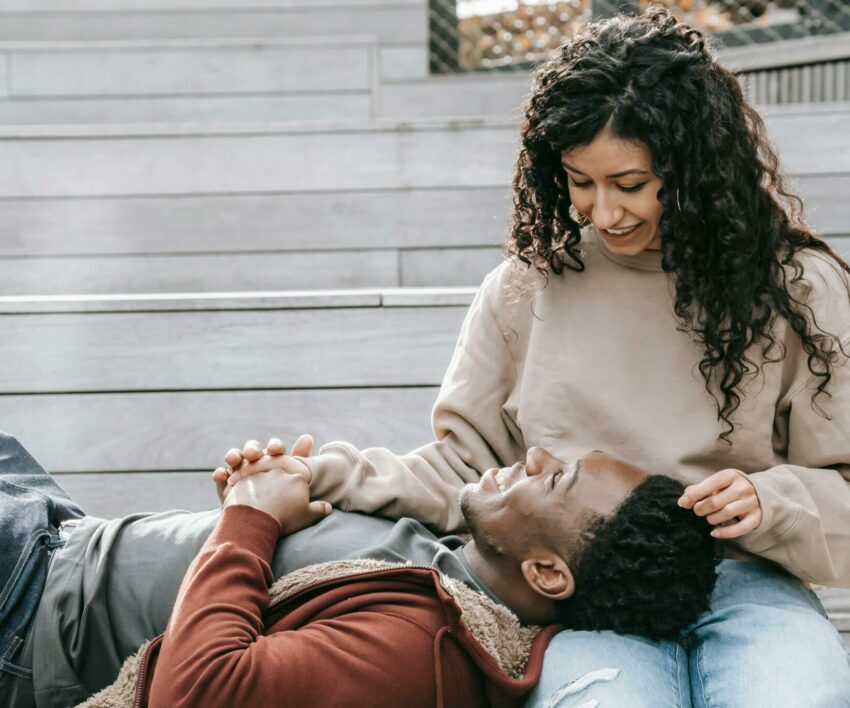
Amongst the principles and foundational laws of a good relationship, vulnerability should be in the top 5. This applies to all types of relationships, romantic, platonic, or familial, but here is why it’s very key in a romantic relationship.
The Very Well Wind publication states vulnerability helps you develop a stronger, more genuine connection with your partner, it breaks down barriers, removes the possibility of misunderstandings and misinterpretations, and allows us to be true to ourselves. Furthermore, it is stated that being vulnerable keeps you honest with each other and yourself.
What it looks like
When the marriage and family therapist Sarah Epstein explains to the Psych Central publication what vulnerability looks like in a relationship, she says it involves being open to sharing all aspects of yourself with your partner, without fear of judgment or criticism. It involves feeling comfortable sharing thoughts, beliefs, values, past experiences, and feelings, even in difficult situations. She further states that being vulnerable means accepting that you cannot control what will happen but will act authentically.
Benefits
It strengthens your relationship: The Psych Central claims that being vulnerable communicates your trust in the person you are with, which in turn builds intimacy, connection, and trust. It is stated that this enables you to genuinely learn about one another, including your values, thoughts, and aspirations. According to Laura Sgro, a licensed psychotherapist, “Vulnerability allows for people to understand each other on a deeper level, including their insecurities and their deepest feelings, which can lead to greater empathy in both partners.”
Promotes a sense of belonging: According to the source mentioned above, vulnerability promotes self-regulation and belonging by teaching a couple to cope with difficult feelings and reducing feelings of shame. “Being vulnerable can help us no longer feel weighed down by fear and shame, or whatever it is we’re carrying, it is a way to foster connections, even when our shame may be telling us we don’t deserve it. This means that when we accept someone when they’re vulnerable, we’re telling them that they’re not alone and that they belong, despite their potential fears of not being worthy.”
Reduces conflict: According to the family therapist mentioned above, “In healthy relationships, vulnerability paves the way for partners to take accountability and honest communication, rather than destructive behaviours such as deflecting, avoiding, or blaming the other person during a conflict.” Sarah continues to say that you can allow the other person to feel their impact without making them defensive when you react to anything upsetting with vulnerability instead of anger.
How to practice vulnerability
According to the Pysch Alive publication, these are the effective ways one can utilise to foster vulnerability.
- Request the things you need.
- Be open to sharing your emotions
- Express your desires.
- Say exactly what’s on your mind.
- Be attentive and slow down.
Also see: What is the bristle reaction, and how does it affect your romantic relationship?




